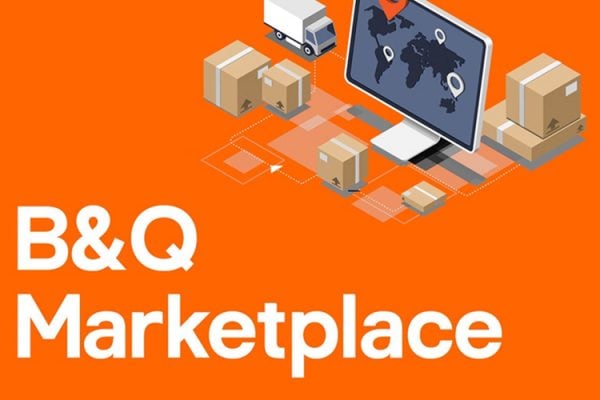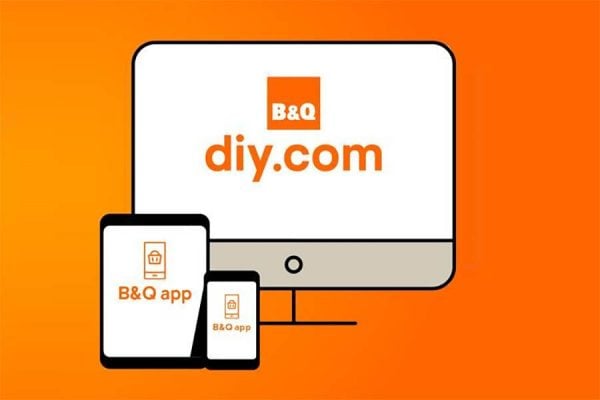Selling second-hand clothing offer merchants a dual advantage. First, it allows them to benefit monetarily from reselling their old clothes. Second, it can attract ‘green’ consumers who want to minimise clothes waste. Micolet marketplace makes these benefits possible.
Micolet announced yesterday an initiative that will see German merchants offering customers second-hand garments for sale.
Micole say that they are working on establishing their business model offering in Germany, as part of their expansion strategy. The marketplace are aiming to move beyond their Spanish-base to enable pan-European sellers to trade hand-me-down items to a larger scale of audience.
What is Micolet marketplace?
Micolet are an online marketplace that offers shoppers second-hand clothing across Europe. Consumers in the UK, Spain, France, Portugal, Italy and Germany can shop for women’s merchandise that has been previously worn. But the business model is limited to Spanish merchants selling their product offering exclusively via the platform. That’s why Micolet is now putting in work to extend their business structure which will see other pan-European sellers joining the marketplace.
How selling on Micolet works?
Micolet is structured on a commission-based model which deducts a fee from merchants’ account each time an item is sold.
The marketplace collects merchants’ second-hand clothes from an agreed location, verifies whether a product is in sellable condition and then lists the given item with pictures on Micolet website.
Micolet boasts more than one million online sellers and shoppers, with 40% of the figure accounting for Spanish users. Germany now represents 5% of online members and this number is set to grow in the coming months when the service expands.
Micolet set to expand in Netherlands and Czech Republic
The marketplace is setting a further expansion bar in other European countries. Aside from the expanded service in Germany, Micolet is planning to launch in Netherlands and Czech Republic in the coming months. Micolet are also saying that they expect to reach markets in non-European countries later on this year.









